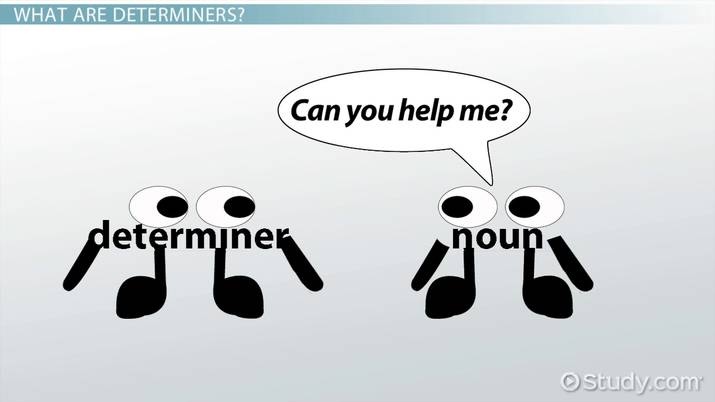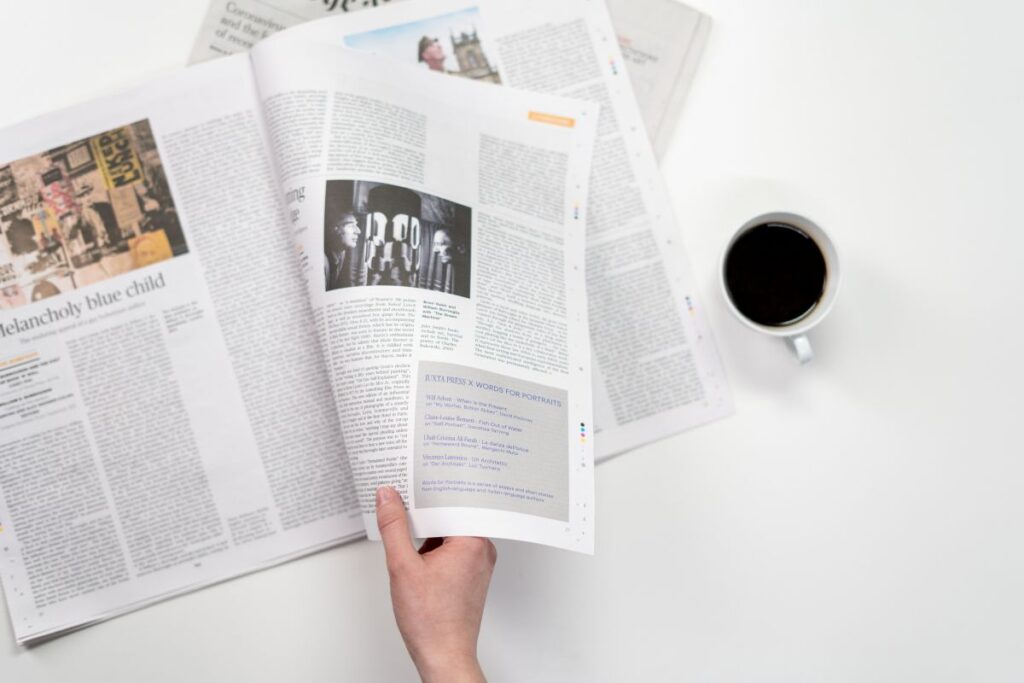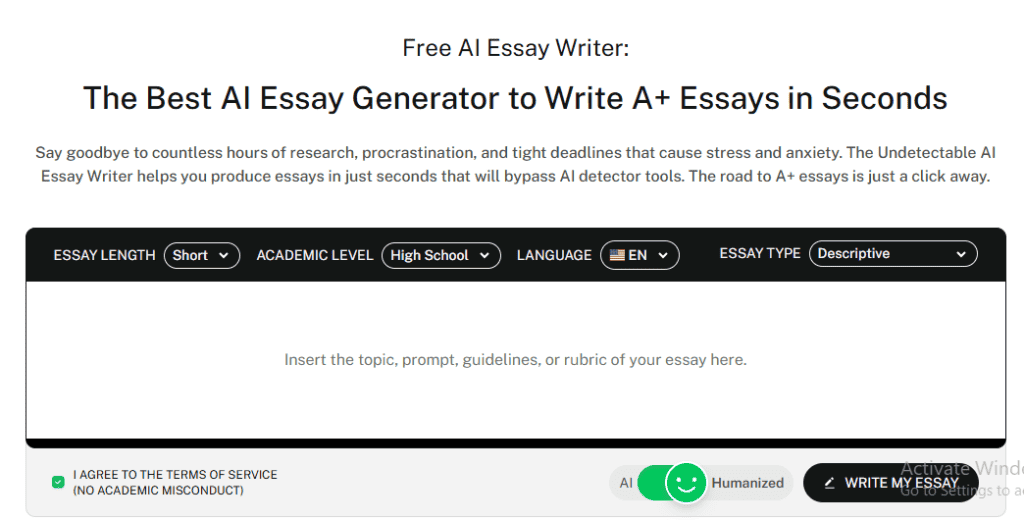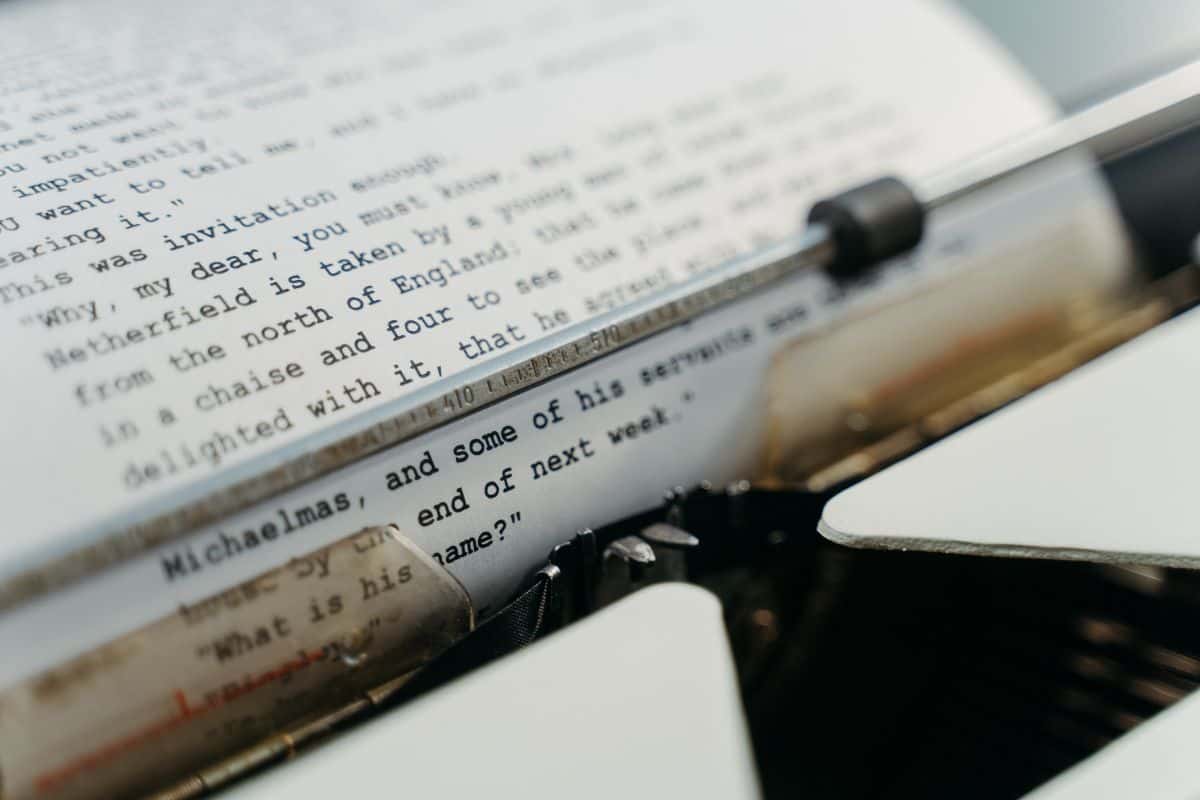Think of a book. Any book.
Did your mind wander to a random book, or did you imagine the book sitting on your desk right now?
That split-second decision your brain just made reveals one aspect of human language, and it’s all thanks to determiners.
So what are determiners?
Simply put, determiners are the words that build the foundation of every noun phrase we write. Without them, sentences will sound wrong.
In this blog, we’re covering everything about determiners.
We’ll cover what is a determiner in grammar, how they modify nouns, change the sentence’s meaning, and the main types of determiners.
You’ll also learn common confusions between determiners and pronouns, real examples and sentence comparisons, practice exercises to test your understanding, and so much more.
Let’s dive in.
Key Takeaways
- Determiners are sentence architects. They provide essential context about quantity, ownership, and specificity for every noun.
- 7 main categories of determiners are: Articles (a, an, the), demonstratives (this, that), possessives (my, your), quantifiers (some, many), numbers, distributives (each, every), and interrogatives (which, what).
- Determiners follow a critical order i.e., Determiner → Adjective → Noun (never “beautiful my dress”).
- Use “many” with countable nouns, “much” with uncountable nouns.
- Determiners are different from pronouns. They modify nouns. Pronouns replace them entirely.
- Missing determiners means broken grammar. “I want apple” sounds wrong because it lacks the determiner “an”
What Is a Determiner?
When people ask “what are determiners,“ the answer is straightforward:
A determiner is a word that introduces a noun and provides essential context about quantity, ownership, or specificity.
They are the “introduction team” for nouns, meaning they tell your reader exactly which noun you’re talking about and how much of it exists.


Never Worry About AI Detecting Your Texts Again. Undetectable AI Can Help You:
- Make your AI assisted writing appear human-like.
- Bypass all major AI detection tools with just one click.
- Use AI safely and confidently in school and work.
Articles, possessive and demonstrative pronouns, quantifiers and numbers are all determiners.
For example, They answer the following questions:
- Which one? → This book is mine (not that book over there)
- How many? → Three students arrived late (exactly three, not two or four)
- Whose? → My coffee is getting cold (belongs to me, not you)
- How much? → Some water spilled on the floor (an unspecified amount)
Understanding what are determiners in grammar is crucial because they add grammatical weight to sentences:
- I want apple. → This sentence is grammatically broken and vague. Apple as a concept? Which apple?
- I want an apple. → Now it makes sense. You’re asking for one unit of a specific type of fruit.

What They Modify and Their Role in Sentences
Determiners never modify verbs, adjectives, or adverbs. They come before a noun (to describe their quantity, ownership, specificity, or identity) or a modifier that describes the noun.
| Direct Placement | Before Modifiers |
| The carMy phoneSeveral options | The red car (determiner → adjective → noun)My new phone (determiner → adjective → noun)Several good options (determiner → adjective → noun) |
Here is the most common pattern:
Determiner + (Adjective) + Noun
Examples:
Correct: My old friend visited yesterday.
Correct: Every small detail matters.
Correct: She bought a beautiful red dress.
Incorrect: She bought beautiful red a dress.
Determiners change the meaning of a sentence dramatically.
| Sentence | With/Without Determiner | Meaning/Explanation |
| Students study | Without | Generic. Refers to students in general. |
| The students study | With | A specific group of students is being referred to. |
| Book is on table | Without | Grammatically incorrect. Lacks specificity and sounds unnatural. |
| The book is on the table | With | Correct and complete. Refers to a specific book and table. |
If you’re unsure whether a word like “each” is functioning as a determiner or a pronoun, Ask AI to clarify its role in a sentence.

For example, you can ask:
- “Is ‘each’ in this sentence modifying a noun or standing alone?”
Categories of Determiners

Now that you understand what are determiners, let’s explore the 7 main categories with examples and rules per type:
- Articles: a, an, the
Articles specify whether you’re talking about something general (indefinite) or something specific (definite).
Indefinite articles (a, an) refer to something general or not yet identified.
- Use “a” before words that begin with a consonant sound: a dog, a teacher.
- Use “an” before words that begin with a vowel sound: an apple, an hour.
The is the definite article, used when referring to a specific noun both the speaker and listener know.
- Example: The moon, The car we bought.
- Demonstratives: this, that, these, those
Demonstratives are used to point out specific items based on proximity and number:
- This and that are singular.
- These and those are plural.
- This/these indicate something near. That/those indicate something farther away.
Examples:
- This phone is expensive. (near + singular)
- Those shoes are on sale. (far + plural)
- Possessives: my, your, his, her, its, our, their
Possessive show ownership or relationship, and they never stand alone. They always come before a noun.
Correct: My car is parked outside
Incorrect: My is parked outside (incomplete)
Grammar Checker ensures possessive determiners are used before nouns and not mistaken for pronouns in formal writing.
Examples by ownership:
- Her idea solved the problem (belongs to her)
- Their house needs painting (belongs to them)
- Its engine is powerful (it goes without apostrophe)
- Quantifiers: some, many, much, few, all
Quantifiers express how much or how many of something. Their usage depends on whether the noun is countable or uncountable:
Examples:
- Many apples (countable)
- Much water (uncountable)
- Some sugar, Few options, All cookies
Tip: Much and little are used for uncountables. Many and few are for countables.
- Numbers: one, two, three, etc.
All cardinal numbers function as determiners when they introduce nouns.
Simple Usage:
- Two cats are sleeping.
- Five students arrived late.
They can also be combined with articles or possessives:
- The three boys. (definite article + number)
- My two dogs. (possessive + number)
- Those four cookies. (demonstrative + number)
Pattern: Other determiner + Number + Noun
- Distributives: each, every, either, neither
These refer to members of a group individually or in pairs:
- Each emphasizes individual items separately: Each child got a gift.
- Every refers to all as a group: Every student passed.
- Either refers to one of two: Either door is fine.
- Neither means not one of two: Neither answer was correct.
These are always followed by singular nouns.
- Interrogatives: which, what, whose
These determiners are used in questions or noun clauses to identify or specify.
In Direct Questions:
- Which book do you prefer? (choice between options)
- What time is it? (asking for information)
- Whose car is parked outside? (asking about ownership)
In Noun Clauses:
- I know which book you prefer. (indirect question)
- Tell me what time it is. (embedded question)
- I wonder whose car that is. (indirect inquiry)
Usage Distinction:
- Which = choice between limited options
- What = open-ended inquiry
- Whose = asking about possession or ownership
Once you’re done with your draft, pass it through the Grammar Checker Tool to pin-point any mistake.

This tool verifies correct determiner usage based on context, formality, number, and countability.
Determiners vs Pronouns
Understanding what are determiners in grammar also means knowing how they differ from pronouns. Determiners modify nouns by providing context (which, how many, whose).
Pronouns replace nouns entirely to avoid repetition.
Let’s understand the core logic:
Determiners introduce and modify nouns.
- Function: Here comes a noun, and here’s some context about it.
- Position: Always before the noun (directly or with adjectives between).
Pronouns replace nouns entirely.
- Function: I’m standing in for a noun we already know about.
- Position: Take the noun’s place in the sentence structure.
Examples to Contrast Both:
| Word | As Determiner | As Pronoun |
| This/That | This car is expensive. | This is expensive |
| Some | Some people disagree. | Some disagree. |
| Each | Each student received a grade. | Each received a grade. |
| Many | Many books were sold. | Many were sold. |
| Few | Few options remain. | Few remain. |
| All | All students passed. | All passed. |
Also Read: What Are Pronouns? Definitions & Examples
If you’re struggling with determiner vs pronoun clarity in your writing, tools like AI Essay Rewriter can help identify and fix these subtle but important grammatical distinctions.

This will help in making your sentences clearer and more professional.
Placement and Word Order Rules
- Determiners Before Adjectives and Nouns
Here is the correct syntax order:
Determiner → Adjective → Noun
Considering this order, the correct sentence would be:
- My beautiful dress
Instead of,
- Beautiful my dress
Determiners are the “gatekeeper” that comes first in the noun phrase. When you’re stacking multiple adjectives, the full standard order is:
Determiner + Opinion + Size + Age + Shape + Color + Origin + Material + Noun
Example: Her lovely small old square brown Italian leather bag.
It sounds natural because it follows the established sequence. Break it, and the sentence feels awkward.
- Using Multiple Determiners: What’s Allowed?
You can sometimes combine determiners, but only in a specific logical hierarchy. Examples:
Correct: All my friends
Correct:Those two cookies
Incorrect: The my friend
Incorrect: A those ideas
Note: Articles don’t stack with other determiners.
- Determiners with Uncountable and Countable Nouns
Countable nouns are the things you can count (books, bottles, apples). Uncountable nouns are the substances or concepts you can’t count (water, sugar, advice).
Examples:
Correct Usage: Much water (uncountable)
Correct Usage: Many bottles (countable)
Incorrect Usage: Many water
Incorrect Usage: Much bottles
- Don’t say “a sugar” when you mean “some sugar”.
- Avoid “few money”, use “little money” for uncountable nouns.
Examples of Determiners in Sentences
Understanding what is determiners in grammar is easier when you see them in action.
Below are 20+ examples of multiple determiners in sentences:
- A student raised a question.
- An apple fell from the tree.
- The book is on the table.
- This chair is broken.
- Those cookies were delicious.
- I don’t like that movie.
- My dog barked at the mailman.
- Their house is huge.
- Her voice was calming.
- Some water spilled. (uncountable)
- Many students skipped class. (countable)
- Few options remained.
- Two boys waited at the gate.
- She owns five cats.
- I saw one star in the sky.
- Each student must submit a form.
- Every book was reviewed.
- Neither option is ideal.
- Which color do you prefer?
- What movie did you watch?
- Whose idea was this?
Struggling with stiff or awkward determiner use?
Let AI Humanizer smooth it out. Whether your sentence is too literal, robotic, or just feels off, get refined and natural rewrites that sound human.

Try AI Humanizer to transform flat grammar into fluent language.
Practice Exercises
Complete each sentence with the correct determiner: (a, an, the, this, those, some, my, every, many, few)
Fill In The Blank
- I saw ___ elephant at the zoo.
- ___ students passed the final exam.
- She wants to buy ___ dress she saw yesterday.
- ___ book on the table is mine.
- Can I borrow ___ sugar for the recipe?
- ___ child needs love and care.
- We watched ___ stars last night.
- He gave ___ of his time to charity.
- ___ flowers are blooming beautifully.
- I forgot ___ keys on the counter.
Multiple Choice
Choose the correct determiner for each sentence.
- ___ apples are sour.
a) These
b) Much
c) Any - ___ pen do you prefer?
a) Few
b) What
c) That - ___ moon looks beautiful tonight.
a) A
b) Some
c) The - ___ of the answers were correct.
a) All
b) Each
c) Either - ___ bottle of water is cold.
a) This
b) Every
c) Many
Sentence Correction
Identify and correct the determiner error.
- She brought a umbrella to school.
→ _________________________________ - Much apples were rotten.
→ _________________________________ - These car is expensive.
→ _________________________________ - We visited an Eiffel Tower.
→ _________________________________ - Your advice is better than mine.
→ _________________________________
| Answer key | ||
| Fill in the Blanks | Multiple Choice | Sentence Correction |
anManyTheThesomeEverymanysomeThosemy | 11. a) These 12. b) What 13. c) The 14. a) All 15. a) This | 16. She brought an umbrella to school. 17. Many apples were rotten. 18. This car is expensive. 19. We visited the Eiffel Tower. 20. ✅ Already correct. |
Your go-to tools for polished, AI-proof writing—explore them in the widget below.
Final Thoughts
Language is like building. Every sentence needs a strong base, and determiners are part of that base.
You now understand what determiners are and why they matter so much. These words show exactly what or how much you’re talking about.
Without them, we’d sound like cavemen: “Want apple. Like book.” But with them, we speak clearly: “I want an apple. I like the book.”
It’s often the small things that make writing clear and strong. Master determiners, and your writing will feel smoother and more powerful—even if your reader doesn’t know why.
Now go forth and build better sentences.
For extra support, try Undetectable AI’s AI Grammar Checker, AI Essay Rewriter, and AI Humanizer to elevate your writing effortlessly.
Try Undetectable AI now and write with clarity, confidence, and a human touch.
